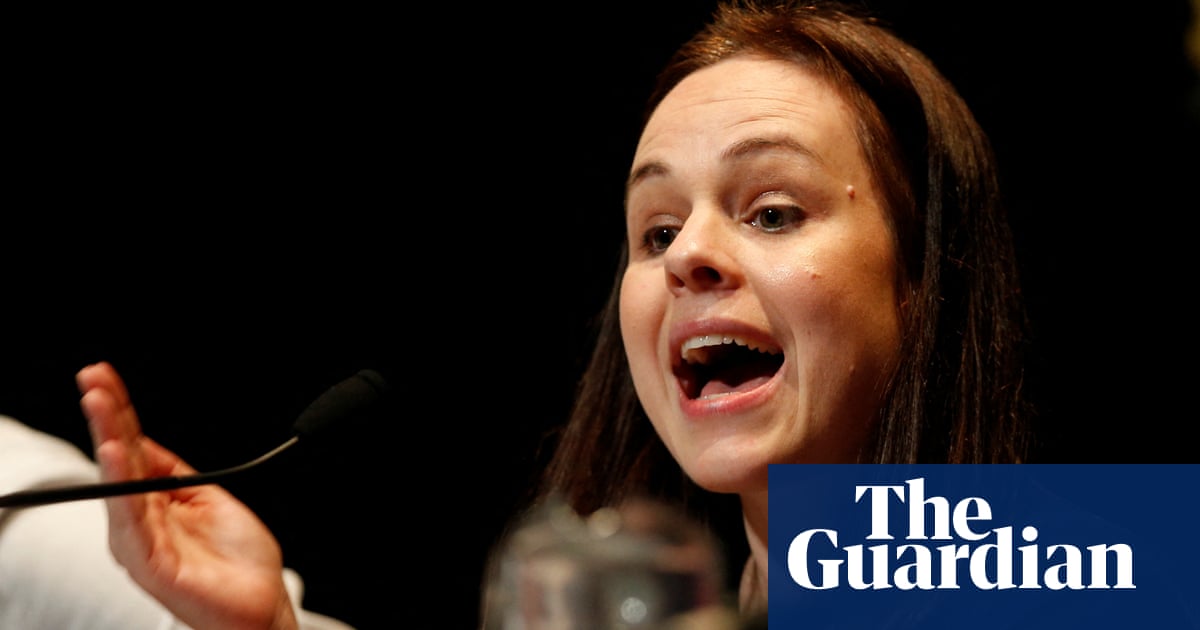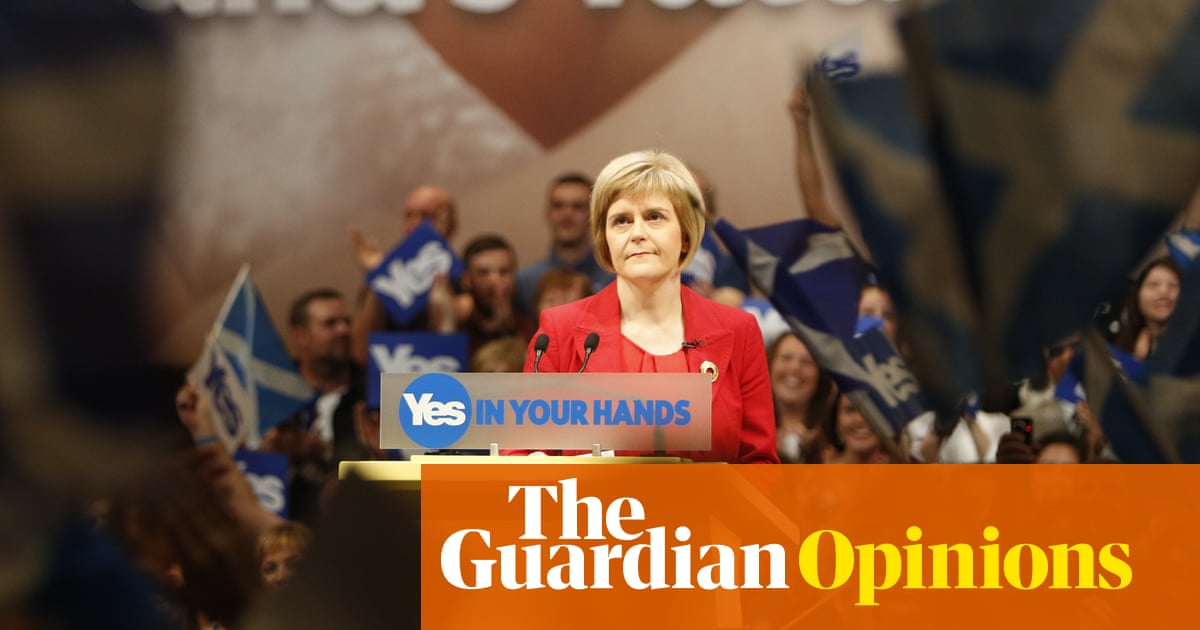
As she launched her party’s manifesto on Thursday morning, Nicola Sturgeon repeatedly mentioned her aspiration for a “simple majority” of SNP members to be returned in May’s Holyrood election – this is the mandate she needs to ask Boris Johnson for the legal powers to hold a second independence referendum.
But the specific phrasing – “simple majority” – was notable since another notion was introduced to the Holyrood election campaign three weeks ago by the former first minister Alex Salmond. Launching his new political party, Alba, he claimed he could help secure a “supermajority” for independence in the next Scottish parliament, which would significantly weaken Westminster’s opposition to a second independence referendum.
Since then, Alba has clarified it is referring to “maximising the vote” in support of independence, rather than having a precise number of MSPs in mind. But experts warn that calls to elect a supermajority may backfire on the independence cause, sowing confusion and even putting off undecided voters.
“The term supermajority just means bigger than a simple majority of 50% plus one, and is defined in different ways – perhaps two-thirds or 60% – in different contexts,” said Aileen McHarg, professor of public law and human rights at the University of Durham. “Under the Scotland Act, a supermajority of two-thirds is required to make changes to the electoral system, such as the recent extension of the franchise to overseas nationals living in Scotland, or to hold an early general election.”
Kenneth Armstrong, professor of European law at the University of Cambridge, said: “It shows the way that a rhetorical device can stick very quickly.” He suggested the debate around how to effect a large multiparty showing of pro-independence MSPs “is a useful illustration of the Scottish voting system and how it offers voters a more varied way of getting representation, but it’s still not obvious who wins or loses if people vote this way”.
Alba candidates will run only on the regional lists, which Salmond has argued would scoop up previously “wasted” list votes for the SNP. Under the Holyrood electoral system, 73 MSPs are elected to represent constituencies under a first-past-the-post ballot, with the SNP expected to win most of those seats on 6 May. The remaining 56 MSPs are elected by a regional list system, designed to make the seat distribution more representative of the overall vote. In 2016, the SNP did so well in constituency voting that it won list seats in only two of the eight regions, south of Scotland and Highlands.
Sturgeon last week described the term as “daft rhetoric”, insisting that all that was needed for a mandate was a simple majority of MSPs who back a referendum.
“Saying it in this context is fairly nonsensical, as it is just a way of saying ‘whopping big majority’ and has no legal or constitutional significance,” said Prof Michael Keating, director of the Centre on Constitutional Change. “But it could backfire if it raises an expectation that is then not met. Furthermore it could be dangerous for independence supporters if others now suggest that a referendum should require a supermajority.”
There were echoes of the 1979 Scottish devolution referendum, said Keating, when a requirement to have 40% of the eligible electorate voting in favour was introduced at a late stage, resulting in defeat for the yes side despite 51.6% support: “The recriminations after that were so serious that the rule since then for referendums has always been a simple majority.”
James Mitchell, a professor of public policy at Edinburgh University, warned of unintended consequences: “We still don’t have clarity on what should trigger a referendum: if the expectation for this election becomes that there should be an undefined supermajority, and the pro-independence parties fail to deliver that, does it mean they don’t have a mandate?”
McHarg agreed: “There is also a risk that a multiparty supermajority rather than a single party majority will be perceived as somehow cheating; as having resulted from manipulating the electoral system rather than reflecting genuine public support for independence. Add to this those who suggest a supermajority would allow Holyrood to engineer an early general election as a plebiscite on independence as an alternative to a referendum, and this has real risks in putting off undecided voters.”












